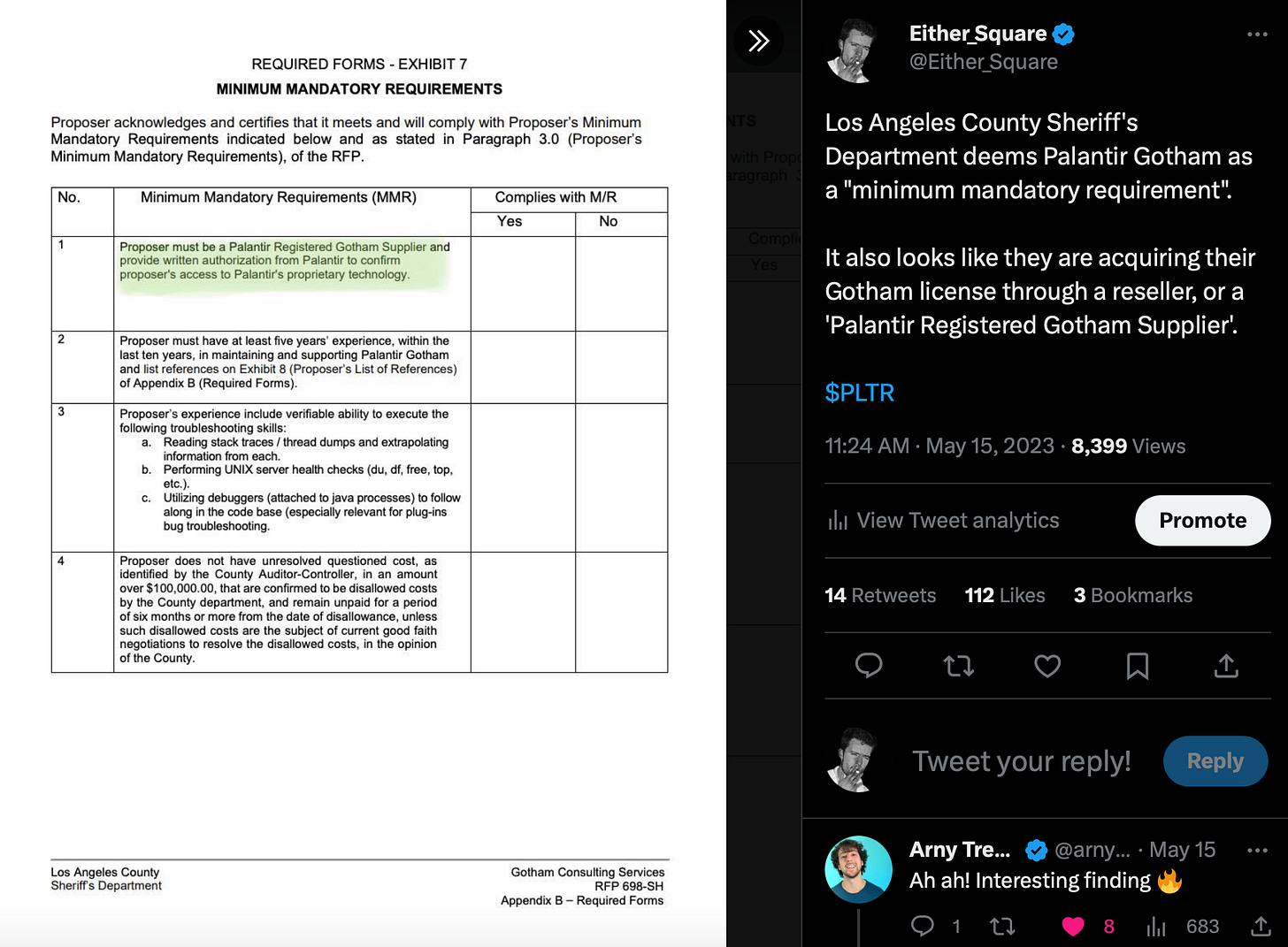When talking about Gotham, we need to take into account a very specific type of client, and that is police departments in every country, in every state or region and in every city and county. Those in charge of maintaining order and the safety of the daily activities of regular citizens like you and me. Of course, this gigantic work requires a solid infrastructure and a proper way of analyzing every piece of data to make society function properly.
Other than theoretical, generic considerations, how does Gotham actually help these police departments? We see a big example in the German case of HessenDATA, their own version of Gotham that caught some attention and was eventually partially ruled unlawful by the German Constitutional Court, back in February.
The platform was considered essential by the region and their police departments relied on Gotham to “effectively combat Islamist terrorism”, along with other objectives. However, the ruling doesn’t completely ban Palantir from doing business in the region, and the company could rapidly apply specific changes to HessenDATA to bypass the ban and comply with the regulations set in place. In my opinion, it’s only a matter of time until we have confirmation that Gotham is again being used by the German region.
So, other than this unfortunate example, do we have other police departments from around the world using Gotham? Well, I have some other specific names and then some reflections on what Alex Karp said some time ago, on Palantir’s work in Western nations and the reach of their software in those countries.
One we do have on paper is the LAPD, and their LA County Sheriff’s Department, which deems Palantir Gotham as a "minimum mandatory requirement".
So after this, what other police departments or law enforcement agencies can we see that use Palantir software? One that I found in Q1 of this year was Calgary Police Service, serving the people of Calgary, Alberta, Canada. The link was later confirmed by the webpage of a Palantir reseller, along many other police departments and security agencies.
The reseller is PVM IT, which stands for Palantir Services Provider IT, who “have been helping federal, state, law enforcement and intelligence agencies, maximize their investments in Palantir systems for more than 12 years”, per their website. The list of Law Enforcement Agencies come from the following page;
As paying subscribers know, some specific departments inside the US government are using tailored versions of Gotham and Foundry, for specific tasks. As always with USG efforts, they keep these platforms under cool codenames and an aura of secrecy surrounds these missions, but at the end of the day their work helps the infrastructure of the nation be resilient and the fabric of our laws remain as strong as possible. One of these specific platforms serves attorneys and investigators in helping miss as little information as possible and assemble cases using every useful point of data they can, out of the gigantic amount of data the US government holds.
I want to end this by reminding you of something Dr. Karp said in an interview some time ago. He said that the intelligence agencies of virtually every Western country in the world was benefitting from Palantir software. Of course that can be seen as NATO having an indirect intelligence edge thanks to the US sharing essential information to deter acts of terror, but Karp has also said Palantir was instrumental in the prevention of a coup d’état against the German government. He also directly said Palantir was a big reason why the far-right didn’t rise in Europe, receiving some criticism after his comments.
Palantir is there, even if we don’t notice. Even those like me, actively looking for hints and information every day, can’t even catch a ray of light in this arena, but they are there, keeping us safe and, most importantly, free.







